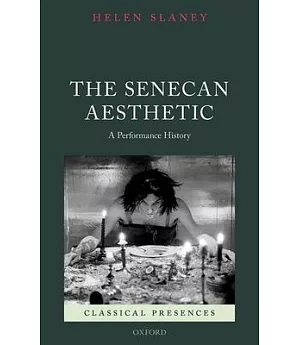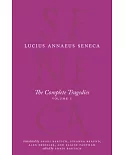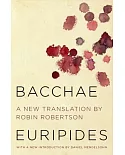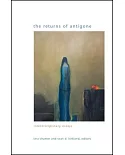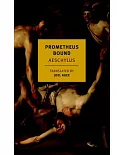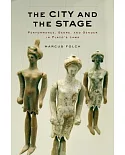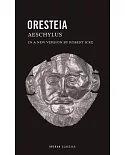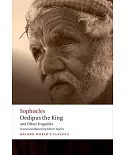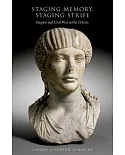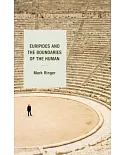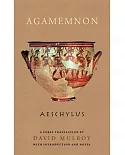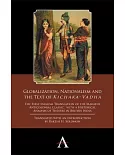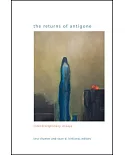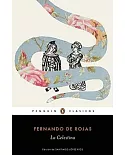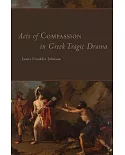"Alongside the works of the better-known classical Greek dramatists, the tragedies of Lucius Annaeus Seneca have exerted a profound influence over the dramaturgical development of European
theatre. ’The Senecan Aesthetic’ surveys the multifarious ways inwhich Senecan tragedy has been staged, from the Renaissance up to the present day: plundered for neo-Latin declamation and
seeping into the blood-soaked revenge tragedies of Shakespeare’s contemporaries, seasoned with French neoclassical rigour, and inflated by Restoration flamboyance. In the mid-18th century, the
pincer movement of naturalism and philhellenism began to squeeze Seneca off the stage until August Wilhelm Schlegel’s shrill denunciation silenced what he called its ’frigid bombast’. The
Senecan aesthetic, repressed but still present, staged its return in the twentieth century in the work of Antonin Artaud, who regarded Seneca as "the greatest tragedian of history." This volume
restores Seneca to a canonical position among the playwrights of antiquity, recognizing him as one of the most important, most revered, and most reviled, and in doing so reveals how theory,
practice, and scholarship have always been interdependent and inseparable."

